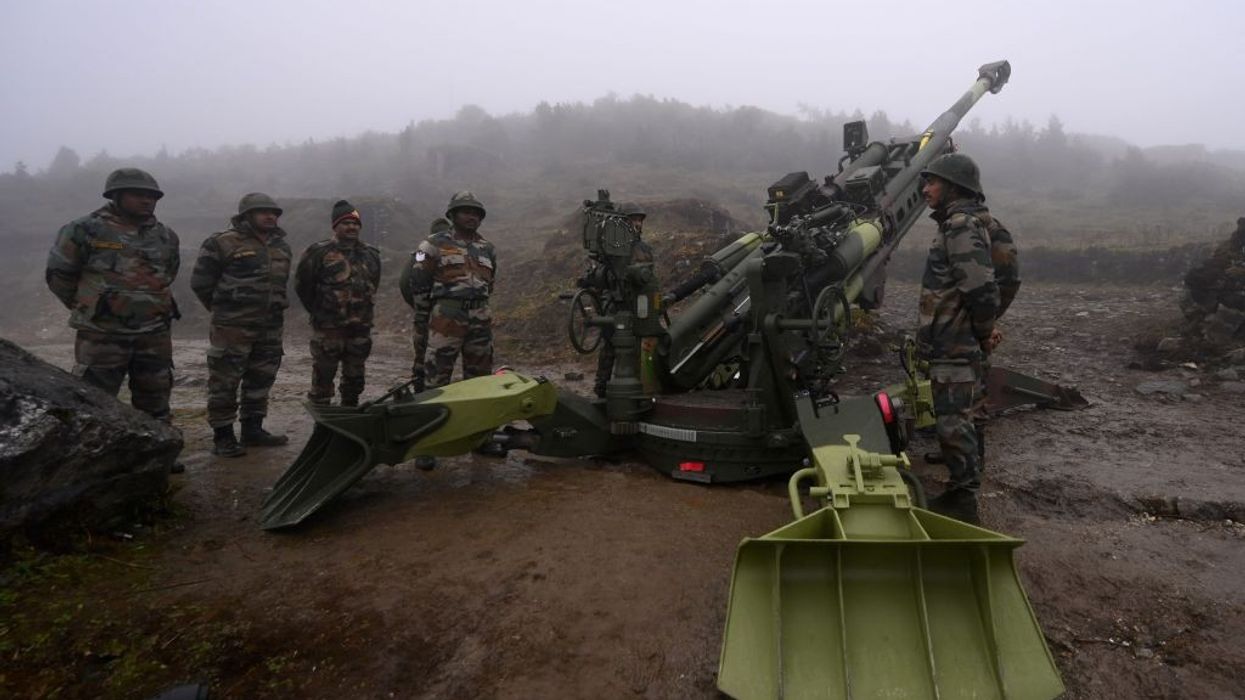China on Tuesday said the situation was "generally stable" along its border with India, days after the troops of the two countries clashed in the Tawang sector of Arunachal Pradesh, resulting in minor injuries to some soldiers on both sides.
At a media briefing here, Chinese Foreign Ministry spokesman Wang Wenbin said the two sides have maintained smooth communication on border-related issues through diplomatic and military channels.
Wang, however, declined to provide details of the December 9 clash between Indian and Chinese soldiers at the Yangtse area of Arunachal Pradesh's Tawang sector.
Earlier in the day, Defence Minister Rajnath Singh made a statement in Parliament in New Delhi on the incident in the Tawang sector.
"The Indian Army bravely prevented the PLA from encroaching on our territory and forced them to withdraw to their posts. Some soldiers from both sides were injured in the skirmish," he said in his statement in Lok Sabha and Rajya Sabha.
Singh further said the Army thwarted an attempt by China's People's Liberation Army (PLA) to "unilaterally" change the status quo in the Yangtse area of Arunachal Pradesh on December 9.
There were no fatalities or serious injuries to Indian troops in the scuffle, he added.
Asked about the incident during the media interaction, Wang said: “As far as we know, the current border situation between China and India is generally stable”.
"As for the specific questions you mentioned, I suggest you refer to the competent authorities," Wang added.
The Chinese Defence Ministry has not reacted to the incident so far.
Wang also said Beijing hopes that the "Indian side will work with us in the same direction and smoothly deliver the important common understanding reached by leaders of both sides.
"And act strictly on the spirit of relevant bilateral agreements signed by both sides and jointly preserve peace and tranquillity in the border areas”.
It is the first major clash between the Indian and Chinese armies since the fierce face-off in the Galwan Valley in June 2020 that marked the most serious military conflict between the two sides in decades.
(PTI)




